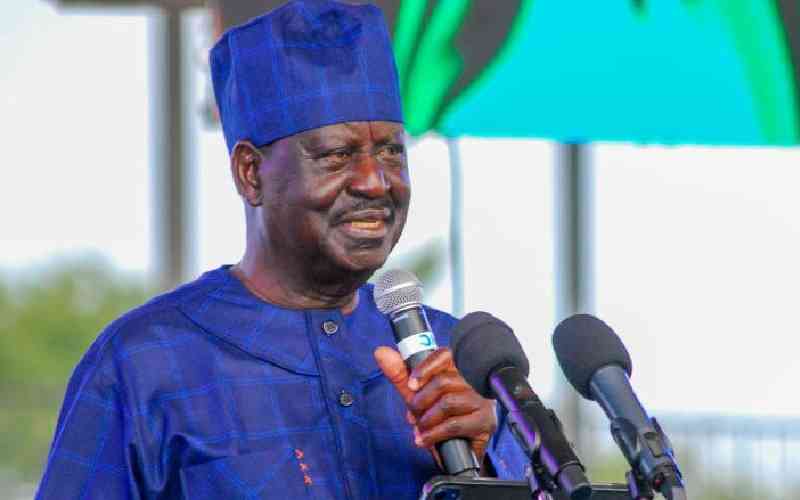×
The Standard e-Paper
Fearless, Trusted News

The journey for the next African Union Commission (AUC) Chairperson is earnestly taking shape, with each country with a candidate working round the clock to have a cut above the rest.
Four candidates, Raila Odinga (Kenya), Mahmoud Ali Youssouf (Djibouti), Kumarsingh Gayan (Mauritius) and Richard Randriamandrato (Madagascar) will battle it out, in a bid to replace the incumbent Moussa Faki Mahamat of Chad.